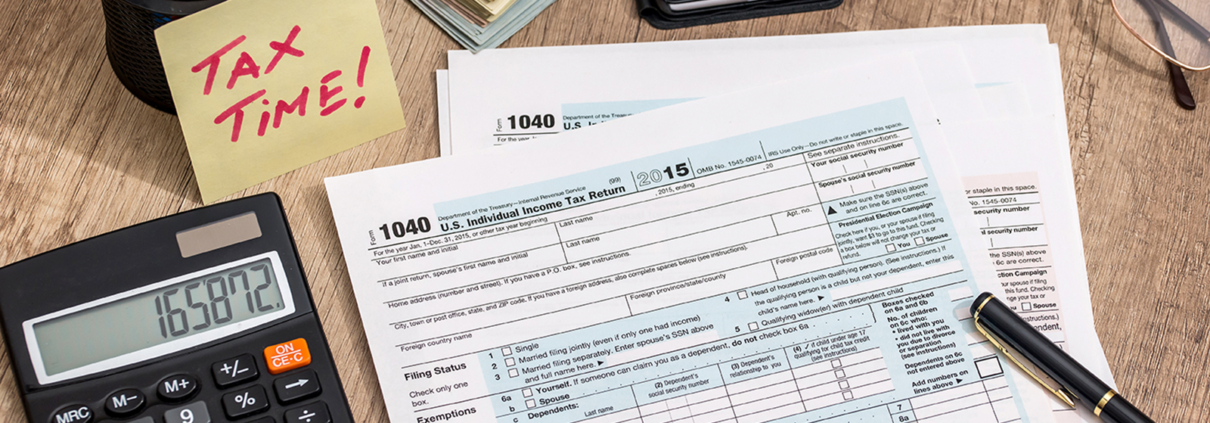Tax Day is coming (and so are IRS impersonation scams)
It’s tax season! If you are like most Americans, you might be a little confused by the new tax laws. Unfortunately, fraudsters are more than willing to take advantage of this confusion to steal taxpayers’ hard-earned money.
Imposter scams were the most commonly-reported type of fraud in 2018 according to the Federal Trade Commission (FTC), and robocalling complaints were five times higher than average in the weeks leading up to Tax Day on April 15, leaving scam fighters to conclude that IRS imposters are utilizing the technology to locate their next victims.
One consumer from Florida (we’re calling him “Tom” to protect his privacy) wrote in to tell us his story.
Tom received a call from someone claiming to be an IRS agent who let him know that he had made a mistake on his filing, which resulted in a warrant for his arrest being issued. The caller demanded that he pay $10,586 to avoid being arrested. Tom told us, “I really did believe that I might’ve made a mistake … they asked for me to go to Walmart to pay a balance totaling the last two tax returns of $800 each.” But Tom was skeptical and hung up. Shortly after he hung up, he received a “VERY convincing call from a number that said 911,” on the caller ID. The caller, who identified herself as a U.S. Marshal, said that “she had just received a call from the IRS to arrest me and was on her way. I called back the [IRS Scammer] and agreed to fully cooperate.”
Sadly, Tom lost $1,600 before he was able to contact the real IRS and determine that he had been defrauded.
Unfortunately, in 2019, the IRS impersonation scam again made the IRS’ “Dirty Dozen” tax scam list, due to its ability to swindle millions of dollars from American tax payers. Fortunately, there are red flags that consumers can watch for to avoid this scam:
- Your first contact with the IRS is by phone or email. The IRS does not contact taxpayers about problems with their returns by phone or email. The IRS will typically first reach out via U.S. mail.
- They specify how you should pay your bill. The real IRS will never require you to pay a certain way. If someone claiming to be with the IRS requests that you pay by gift card, money order, bank-to-bank transfer, or cash, they are scamming you.
- They threaten to contact local law enforcement to have you arrested for not paying. As a rule, IRS employees will NEVER do this.
- They demand that you pay your bill without providing an opportunity to appeal. The IRS will always allow taxpayers to question or appeal their bill.
If you receive a threatening phone call from a supposed IRS agent, you should refuse to provide the caller with any personal information and hang up immediately. After you hang up, if you are concerned that you may actually owe taxes, or if you would simply like some peace of mind, you should call the IRS directly to speak with one of its agents who can tell you whether you owe any taxes. You can reach the IRS by calling (800) 829-1040.
If you become a victim of an imposter scam or you suspect you have spotted one, report it! You can file a complaint at Fraud.org via our secure online complaint form. We’ll share your complaint with our network of more than 90 law enforcement and consumer protection agency partners who can and do put fraudsters behind bars.









